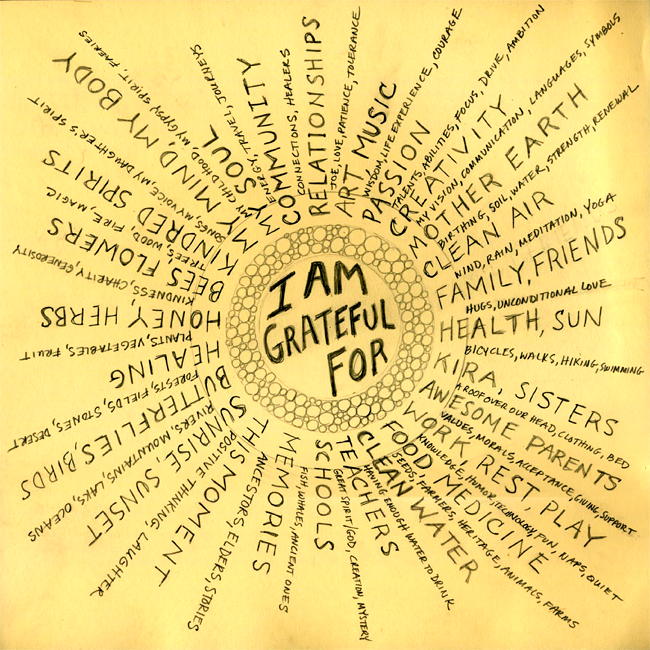Gratitude is a rare commodity in today’s society where people seem to be slaves to the clock and desire for more wealth. It has a very basic and at the same time very profound meaning—gratitude, or the understanding and acknowledgment of what is positive in life. Gratitude is not just a feeling or a passing emotion, but a force that has the power to change the world and ourselves for the better. This investigation examines the research on gratitude, how people can develop and enhance it, and the effects of gratitude on different spheres of existence. Therefore, it is useful to introduce the concept of gratitude and to understand how people can leverage it to increase the quality of life. It is now time to start the tour of how one can enjoy the magic of being grateful.
The Science of Gratitude

You see gratitude is not some nice feeling which makes you feel good; it is a multiscientific way to well-being. Science points out that saying thank you increases the sectors of the brain that are involved in pleasurable activities releases Dopamine and Serotonin. This chemical list enhances mood, decreases stress, and promotes optimism feelings.
The findings of the studies performed mitigate gratitude and demonstrate that gratitude is positively connected with happiness. A few weeks ago, it was discovered that grateful people reflect improvements in conditions that relate to life satisfaction, relationship bonds, and physical health. Switching the focus from the things that are absent to the things that are present, changes the neural pathways which in turn encourage happier and healthier outcomes.
However, since hope maintains the meaning of gratitude as optimism and positive expectations, it also reduces stress and anxiety by acting as a shield. During the reshuffling period, the ability to be grateful allows one to strike a balance and be more resistant to the changes that are taking place. Such ‘growth begetting’ makes average life better and even gives virtues to human suffering by helping to build up gratitude which is one of the great resources we have for dealing with the misfortunes of the hour.
Cultivating Gratitude
- Gratitude Journaling: Such a simple act as daily writing of what one is grateful for helps to stay or become more positive. When thinking about the positive aspects of life, one contemplates the virtues of life and this fosters appreciation.
- Mindful Meditation: Meditation increases your mindfulness, and the amount of positivity in your life that you are aware of. Becoming more thankful in your meditations will help you increase the amount of gratitude you feel towards what you currently have in your life.
- Express Gratitude Verbally: Communicating your benevolence to others helps improve and build the bonds of friendship and anchors the positive feelings. Many experts believe that the application of vocal encouragement can improve the atmosphere of the team.
- Promote RaK: Carrying out activities for the sake of other people can alleviate one’s burden and concentrate on other peoples’ problems. It can help create some kind of purpose in life and make people more thankful for what they have been given in life.
- Nature Connection: Being in nature can make you notice and enjoy things in a way that when you are in the artificial environment you don’t. Thus, interaction with nature can cause perceiving people in awe and gratitude.

- Gratitude Challenges: Gratitude challenges such as three things to be grateful for each day, a gratitude jar, or any other form will make gratitude to become habitual in your life.
- Savor Positive Experiences: To truly find joy in some experience, one should fully submerse oneself in that experience so that it can be long remembered. Thus, hedonic adaptation helps to boost one’s overall level of gratitude.
- Letter of Gratitude: It is always a good idea to write a heartfelt thank you letter to show someone how much you value him or her and enhance the bond between you and the person in question.
- Gratitude Visualization: Such a thought process might be helpful to envision oneself surrounded by items that one is thankful for evoking strong feelings. Visualization can improve the sentiments of plenty and satisfaction.
- Limit Comparisons: What you have in life should matter to you and not what other people have, this makes people appreciate what they have. One can avoid social comparison, which in turn enhances the overall level of gratitude.
By cultivating thankfulness, you invite joy, resilience, and deeper connections into your life. Remember, even small acts of gratitude can ripple into profound changes. Let gratitude be your compass towards a more fulfilling life. You may also like other posts in our Health section.




